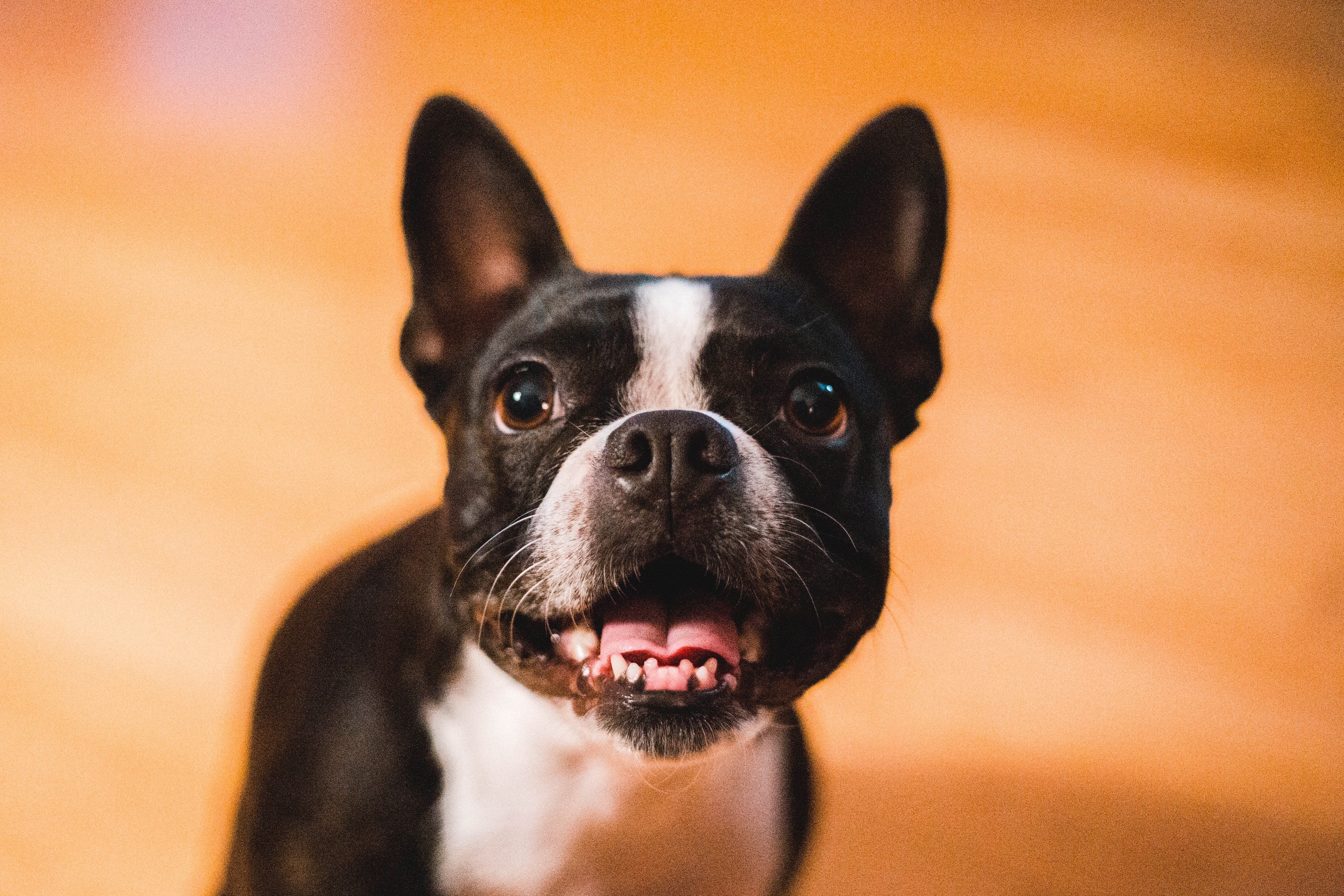Have you ever heard your dog howl? Maybe you’ve just left the house and hear your pup crying out before you’ve even gotten to your car, or maybe it’s a recurring behavior every time an ambulance passes by.
Howling is generally a normal, instinctive behavior for dogs. In addition to barking and shrieking, it’s just another form of communication. While they may simply be trying to attract attention, connect, or make their presence known, there are a few howling behaviors that may point to a deeper issue.
Let’s look at why dogs howl and how to help your pup if it becomes a persistent problem.
Why Do Dogs Howl?

Most howling behavior is fairly innocent, and will not be an issue unless it becomes incessant. The reason for the howling, however, can indicate whether or not there’s cause for concern.
Trying to Attract Attention
Some dogs howl simply because they want you to pay attention to them. If they want something and are having trouble getting your attention, they may howl to make their presence known.
Your pup may also be trying to alert you to danger, so keep this in mind if it happens out of the blue.

Responding to Sounds
Another common reason why dogs howl is because they are responding to a particular sound. The sound of an ambulance, another dog howling, or even music might trigger that primal instinct in your pup to howl along. This is likely normal dog behavior, and you’ll be able to tell if the sound is causing the howl if it happens every time your pooch hears that specific noise.
Separation Anxiety
Howling due to separation anxiety is one of those behaviors that can become extremely challenging and will likely require additional training and support. If you leave your house and immediately notice your pup start to howl — or maybe you see or hear it through a pet camera — it’s likely that he may be suffering from separation anxiety. Along with the howling, your dog might also pace, scratch, dig, or attempt to destroy toys or household items.
Medical Condition
While it’s less common, sometimes dogs will begin to howl when they are injured or not feeling well. If your dog begins to suddenly howl continuously, it’s best to take Fido to the vet to rule out any medical issues.
How to Help if Howling Becomes a Problem

A howling pup can become more than a slight annoyance if it’s happening frequently. If your dog’s howling is happening in response to something, experts suggest using a process called desensitization and counterconditioning (DSCC).
Desensitization and Counterconditioning
DSCC is a way to treat fear, phobias, aggression, and anxiety through patient, heavily planned, and frequent training. Although significant changes in behavior may take months to come to fruition, the program is set up in a way that allows progress to be made in small increments. The goal of DSCC is not only to alter your pup’s reaction to a certain event — e.g. he has accidents during thunderstorms out of fear, or howls when you leave due to anxiety — but also to help actually change the way your dog feels about that particular event. Your vet should be able to point you in the right direction when it comes to getting professional help with DSCC.

Remedies for Anxiety
If your pup’s howling is due to anxiety, there may be a number of ways to help without resorting to excessive training. Before you leave home, make sure you give your dog enough exercise so he will be less likely to be hyperactive while you’re gone. Some dog owners will also put on music or the TV so it’s not so quiet while their pup is alone.
For dogs that are afraid of storms, some opt to outfit their pups in thundershirts. This fur-friendly fashion item will cocoon your dog in soft fabric and can help them feel safe.
We also recommend introducing a calming chew into your dog’s daily routine. It could be especially helpful to give him one before you leave if the anxiety is due to separation. Made with natural, high-quality ingredients, PetHonesty’s Hemp Calming Chews help reduce excessive barking and chewing, calm anxiety and stress, and serve as a great training tool to promote good behavior. For more extreme cases, we recommend using the Premium version, which provides even more support for an anxious pup.
Ultimately, most howling is harmless, but if you’re concerned about your dog’s behavior or think your pup may be trying to tell you something, consult your vet to help determine the best course of action.

Sources:
https://pets.webmd.com/dogs/guide/howling-dogs#1
https://www.akc.org/expert-advice/lifestyle/why-do-dogs-howl/
https://pets.webmd.com/desensitization-and-counterconditioning#1













